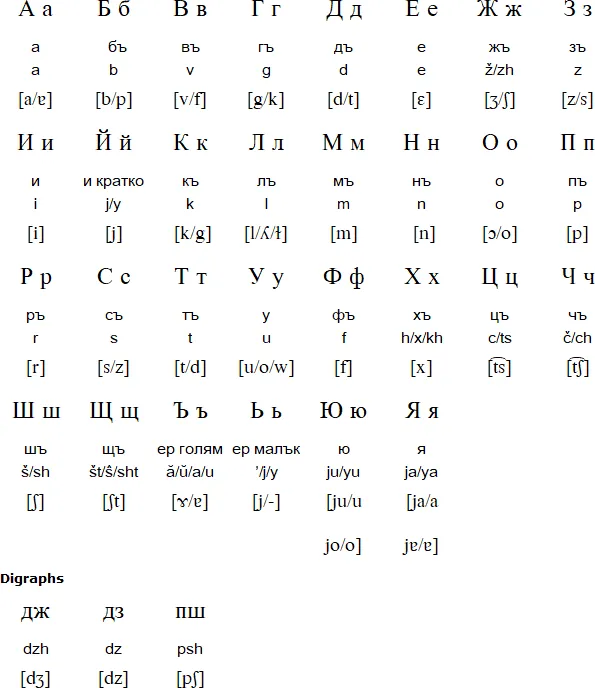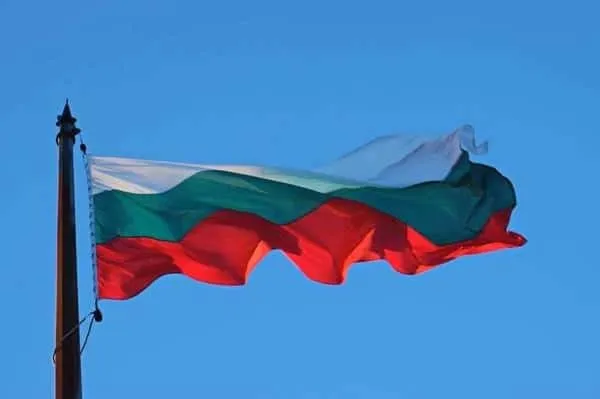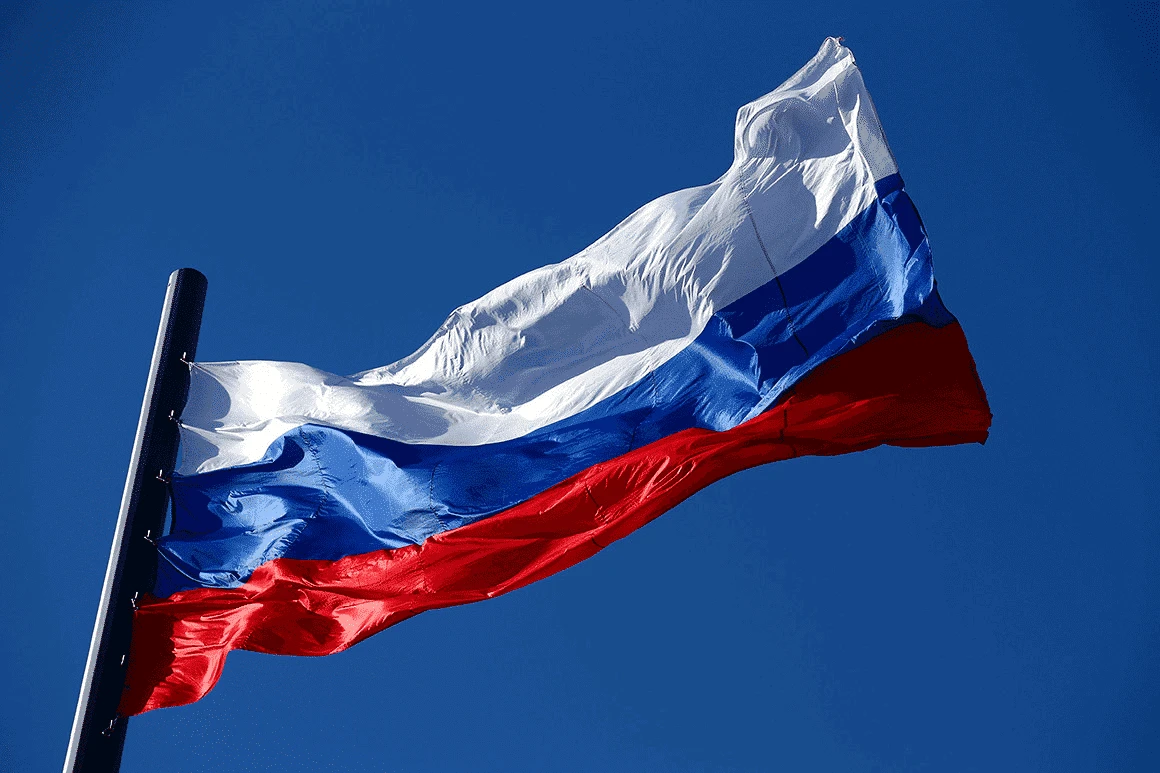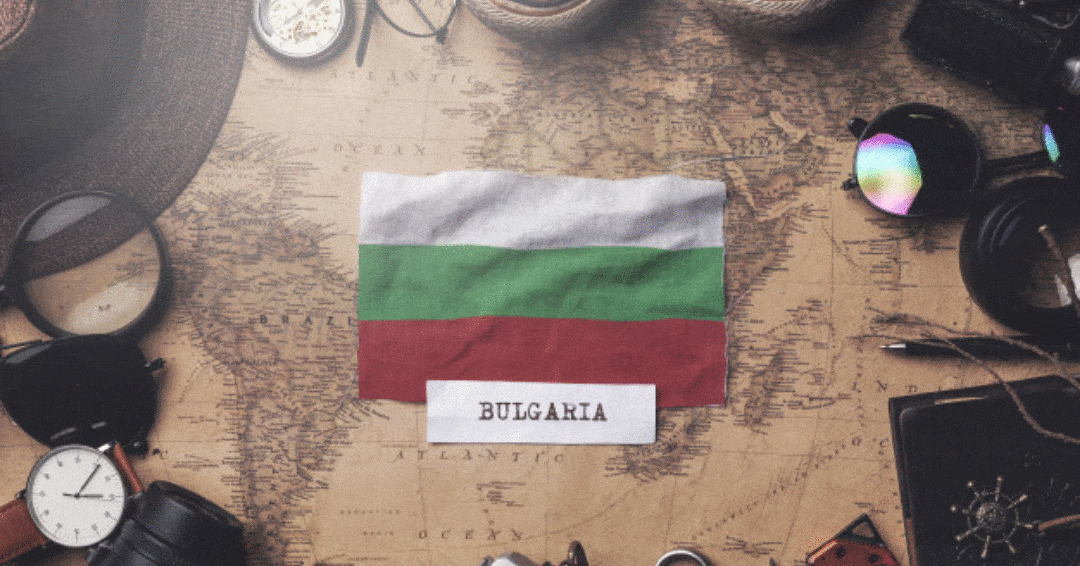Have you ever thought of the Bulgarian vs Russian languages?
As a native Bulgarian, I remember the hot summers at the Black Sea coast, playing with Russian kids. Although we had different native languages, we were able to understand each other almost without any difficulty.

Generally, communication between the Bulgarian and Russian people happens with astonishing ease.
Clearly, these are Slavic languages and they share a common origin. But then why do I find it harder to understand Polish tourists than the Russians, for instance?
Also Read: Slavic languages – Definition, List, Origin, History, Similarities
I assume you might be wondering, too, why these two languages, divided by hundreds of kilometres, have remained so mutually intelligible.
Well, this blog aims to unveil the secret! First, we will look at the historical development of these two languages and highlight the most prominent periods and features.
Then, we will look at the differences and similarities, and finally, we will tackle the mystery surrounding these two languages.
Bulgarian vs Russian: Differences & Similarities
Despite the fact that Russian and Bulgarian speakers can understand each other very well, these two languages are very, very different.
1: Bulgarian vs Russian: Difference
a: Grammar (Case System)
Russian uses a full case system with six grammatical cases to indicate the role of nouns, pronouns, and adjectives in a sentence. Bulgarian has largely lost the case system for nouns, relying instead on prepositions and fixed word order.
b: Definite Article
Bulgarian uses post-fixed definite articles, attaching the article directly to the end of a noun. Russian does not use definite or indefinite articles at all, relying on context to convey definiteness.
c: Alphabet
While both use the Cyrillic script, the Russian alphabet contains more letters than the Bulgarian alphabet. Certain characters exist in one language but not the other, leading to differences in orthography and pronunciation.
d: Verb Infinitives
Russian verbs have a distinct infinitive form that is used in various sentence structures. Bulgarian does not use infinitives, instead employing fully conjugated verb forms in all contexts.
e: Verb Aspects and Tense Systems
Russian focuses strongly on the perfective and imperfective aspects of verbs to indicate whether an action is complete or ongoing. Bulgarian maintains a more complex tense system, including forms not present in Russian, such as the aorist and perfect.
2: Similarities between Bulgarian and Russian
a: Common Slavic roots
Bulgarian and Russian both belong to the Slavic language family, sharing a significant portion of their vocabulary, grammar structures, and linguistic heritage. This common origin makes them structurally and lexically closer compared to non-Slavic languages.
b: Use of the Cyrillic script
Both languages are written in the Cyrillic alphabet, making their written form instantly recognizable to speakers of either language. While there are small differences in the number of letters and their usage, the overall writing system is shared.
c: Shared vocabulary and cognates
Due to their common roots and centuries of cultural contact, Bulgarian and Russian contain many words that are similar in form and meaning. This overlap is especially noticeable in everyday language and in terms borrowed from Old Church Slavonic.
d: Similar phonetic patterns
Both languages share a number of consonant and vowel sounds typical of Slavic languages. This means that many of their pronunciation features, such as certain consonant clusters and stress patterns, are familiar to speakers of the other language.
Difference between the Bulgarian and Russian writing systems
1: Bulgarian Writing System

a: Script
Bulgarian uses the Cyrillic alphabet, which has been in use since the 9th century and is deeply tied to the country’s cultural and historical identity.
b: Number of Letters
The modern Bulgarian alphabet contains 30 letters, each representing a distinct sound in the language.
c: Phonetic Nature
Bulgarian spelling is highly phonetic, meaning words are generally written exactly as they are pronounced, making reading and pronunciation more straightforward for learners.
d: Unique Characters
While sharing many letters with other Cyrillic-based languages, Bulgarian includes characters and letter combinations tailored to its own sound system.
2: Russian Writing System

a: Script
Russian also uses the Cyrillic alphabet, which has been adapted over centuries to fit the language’s evolving sounds and grammar.
b: Number of Letters
The Russian alphabet consists of 33 letters, covering a wide range of consonant and vowel sounds, including some that do not exist in Bulgarian.
c: Historical Influence
Russian orthography retains historical spellings that may not match modern pronunciation exactly, which can be challenging for new learners.
d: Unique Characters
Russian features several letters not found in Bulgarian, designed to represent sounds specific to Russian phonology.
Get your content translated into slavic languages
Bulgarian vs Russian: Speakers
Indeed, when it comes to distribution, these two languages are extremely different.
Russian has become one of the fastest-growing languages in the world with over 250 million native speakers. It is an official language not only in Russian but also in Belarus, Kyrgyzstan, and Kazakhstan.
What’s more, its spoken in most former Soviet republics such as Ukraine, Azerbaijan, Estonia, Georgia, Latvia, Lithuania, Moldova, Tajikistan, Turkmenistan, and Uzbekistan.
Native Russian speakers scattered all over the world: in Cyprus, Finland, Hungary, Mongolia, Poland, China, the US, Israel, and even Bulgaria.

Bulgarian, on the contrary, is an official language only in Bulgaria and its native speakers are estimated to be around 8 million people.
Recognized Bulgarian minorities are in Macedonia, the Czech Republic, Hungary, Moldova, Ukraine, Serbia, Albania, and Romania.
There are big Bulgarian communities in Spain, Germany, Austria, the US, and the UK. Unfortunately, due to the current demographic crises in Bulgaria, experts claim that by 2100 the Bulgarian language might even become extinct.
History of the Bulgarian language
You will be surprised to learn that Bulgarian is the first Slavic language that attained a writing system – what we call today the Cyrillic alphabet. Thus, in antiquity, it refers to Bulgarian as the Slavic language.

Generally, the diachronic development of the Bulgarian language can be divided into four main periods:
1: Prehistoric period (7th – 8th century)
this period is marked by the beginning of the migration of the Slavonic tribes to the Balkans and ends with the shift from the now-extinct Bulgar language to the Old Church Slavonic. This shift initiated with the mission of Saints Cyril and Methodius who created the Cyrillic alphabet. This writing system was based on the Greek one, but a few new letters were added to represent some typically Slavic sounds that were not found in the Greek language.
2: Old Bulgarian period (9th – 11th century)
During this period Saints Cyril and Methodius together with their disciples translated the Bible and other pieces of literature from Greek to Old Church Slavonic. This was a literary norm of a Common Slavic language from which Bulgarian stems.
a new literary norm, stemming from Old Bulgarian, occurred and established itself as an official language of the administration of the Second Bulgarian Empire. During this period the Bulgarian language underwent massive changes in terms of simplification of its case system and the development of a definite article. It was also heavily influenced by its neighbouring countries (Romanian, Greek, Serbian) and later on during the 500-year Ottoman rule – by the Turkish language.
3: Modern Bulgarian (16th – present)
This was an intense period for the Bulgarian language marked by crucial changes in grammar and syntax during the 18th and 19th centuries which eventually led to the standardization of the language. The modern Bulgarian was heavily influenced by the Russian language, however, during WWI and WWII these Russian loanwords were replaced by native Bulgarian words to a greater extent.
Overall, the historical development of the Bulgarian language can shortly be summarized as the transition from a highly synthetic language (such as Old Bulgarian) to an analytic language (such as Modern Bulgarian).
Also Read: Business in Bulgaria – Why Move your business to Bulgaria?
History of the Russian language
As mentioned above, during the 6th century began the migration of the Slavic tribes. Some of them settled in the Balkans, however, others continued to Southern Europe.
By the 10th century, three main Slavonic language groups had established: Western, Eastern, and Southern.

1: Old East Slavic Era (9th to early 15th century)
The Russian language began as Old East Slavic, spoken in the Kievan Rus’ federation of Slavic tribes. In the 10th century, the adoption of Christianity introduced Old Church Slavonic as the religious and literary language.
This significantly influenced Old East Slavic’s vocabulary and grammar. The language of this era laid the foundation for the later development of Russian.
2: Middle Russian Era (15th to 17th century)
Following the Mongol invasion, the region fragmented, leading to the rise of distinct regional dialects. By the 15th century, the Moscow dialect became politically and culturally dominant.
This dialect developed into the basis of modern Russian. The language absorbed many loanwords and saw important grammatical and vocabulary changes during this period.
3: Modern Russian Era (18th century to present)
Peter the Great’s reforms in the 18th century introduced Western European vocabulary and ideas, modernizing the language. Efforts to standardize Russian increased, with institutions like the Russian Academy helping shape the language.
How are Russian and Bulgarian mutually intelligible?
Funny enough, it seems like the differences between the Russian and the Bulgarian languages are more than the similarities. Yet, these two languages have a high degree of mutual intelligibility.
Also Read: 10 Facts You Never Knew About the Russian Language
[bctt tweet=”Russian people claim that they can understand 70-80% of what they hear or read in Bulgarian. The opposite is true for Bulgarian speakers as well.”]
But how is this possible?
Some people would say it is simply due to their common origins. Although they belong to the Slavic languages family, they are in two different subfamilies – Bulgarian is part of the Southern while Russian belongs to the Eastern subgroup.
Moreover, these languages separated by hundreds of kilometres, and thus, it is hard to imagine that they have heavily influenced each other.
If I have to be honest, there is no clear answer to this question. There are multiple factors that influence this mutual intelligibility.
On one hand, Bulgarian is much more simple than Russian in terms of grammar and thus, easier to understand by the Russian people.
On the other hand, the Russian language has been an obligatory subject at school for nearly three decades ago and hence, people born during that time are fluent in Russian and are able to understand it very well.
Even the younger Bulgarian people are used to the sound of Russian speech since there are a lot of Russian shows on Bulgarian TV.
Also Read: 10 Untranslatable Bulgarian Expressions
I remember that as a child I used to watch Russian cartoons on the TV.
Thus, it might be the case that Bulgarian people might simply grow surrounded by the Russian language and consequently, have grown accustomed to the sound of it.
Moreover, the common origin of these two languages, the Old Slavonic, might be yet another reason why they are mutually intelligible.
Overall, you can clearly see that there is not a single answer to this question. Also, it should point out that the degree of mutual intelligibility might vary from person to person.
To Conclude
The Bulgarian and Russian people have always been on good terms and have always respected each other’s cultures.
The similarity of their native languages might have as well cultivated this close friendship or it might as well be the other way around.
Are you expanding your business to Russia and Bulgaria? We can help. Contact us
Also read: Top 10 Translation Companies In India
Are You looking for professional translation services?
FAQs
What are the main differences between Bulgarian and Russian languages?
Bulgarian has no case declension, lacks an infinitive verb form, and includes a definite article added after nouns, whereas Russian has a complex case system, retains an infinitive verb form, and does not use a definite article.
Why do Bulgarian and Russian speakers understand each other easily despite the differences?
The mutual intelligibility between Bulgarian and Russian is largely due to their common Slavic roots, with Bulgarian being influenced by Old Church Slavonic. Additionally, historical factors, such as the Russian language being taught in Bulgarian schools, also play a role.
How does the Bulgarian language differ from Russian in terms of history?
Bulgarian is older than Russian, with its writing system (Cyrillic alphabet) emerging earlier. Bulgarian underwent a transition from a synthetic language (Old Bulgarian) to a more analytic one (Modern Bulgarian), while Russian retained more complex grammar and case structures.
How many people speak Bulgarian and Russian, and where are they spoken?
Russian has over 250 million native speakers and is widely spoken across Russia, Belarus, Kyrgyzstan, Kazakhstan, and former Soviet republics. Bulgarian, on the other hand, is primarily spoken in Bulgaria, with around 8 million native speakers, and recognized minorities in countries such as Macedonia, Ukraine, and Serbia.
What factors contribute to the mutual intelligibility between Bulgarian and Russian?
While both languages share Slavic roots, mutual intelligibility is influenced by Bulgarian’s simpler grammar and the historical exposure of Bulgarians to Russian media and education. Additionally, both languages use Cyrillic, but with minor alphabetic differences.




